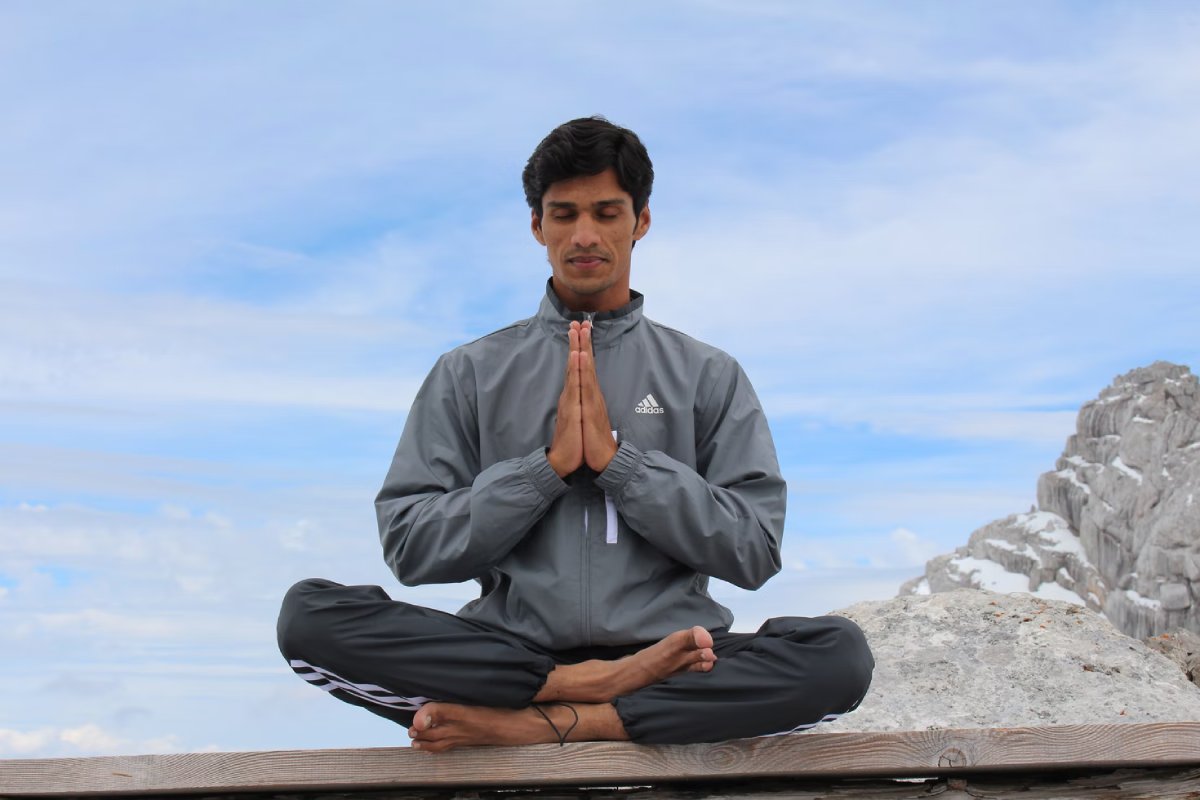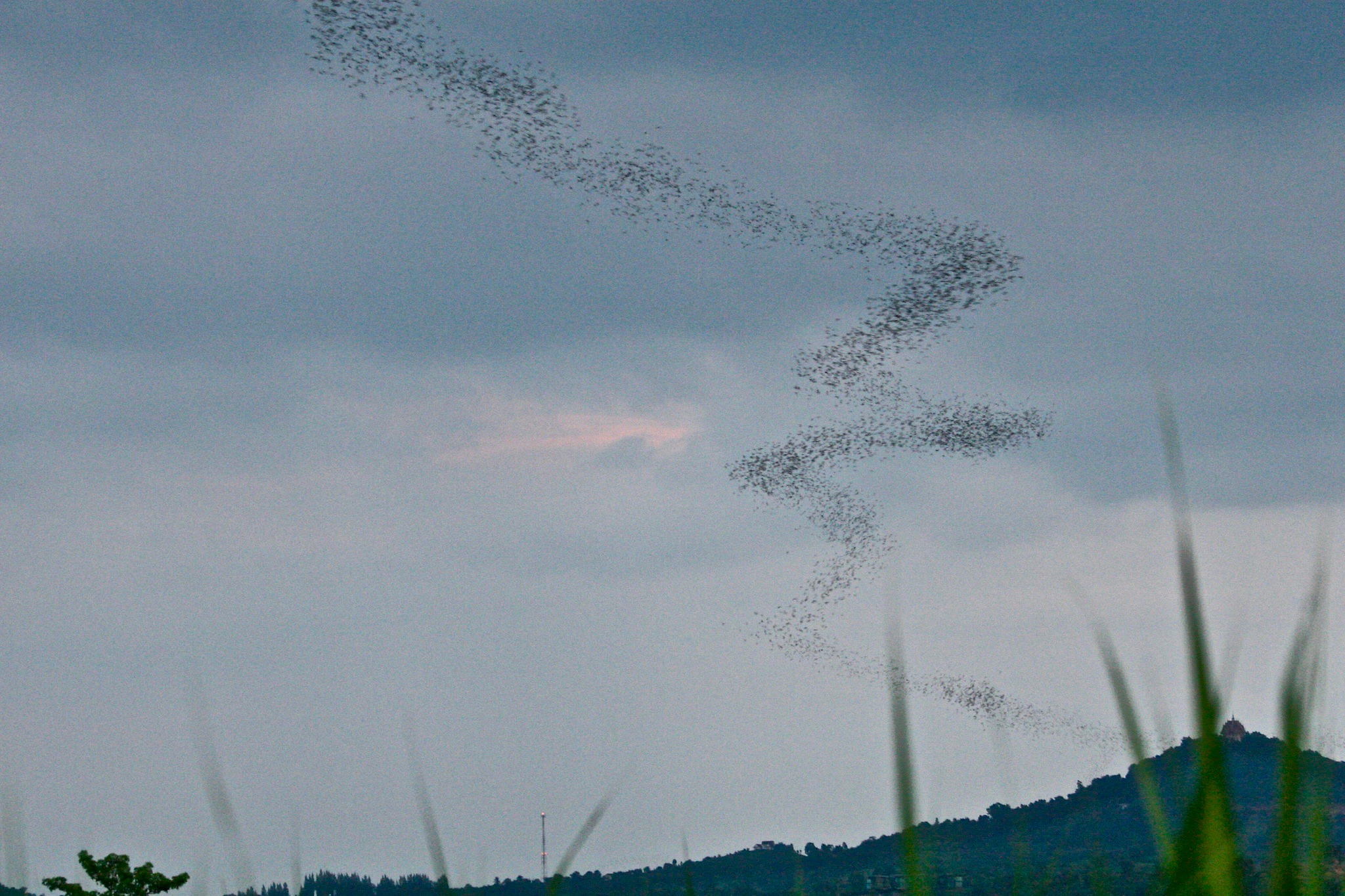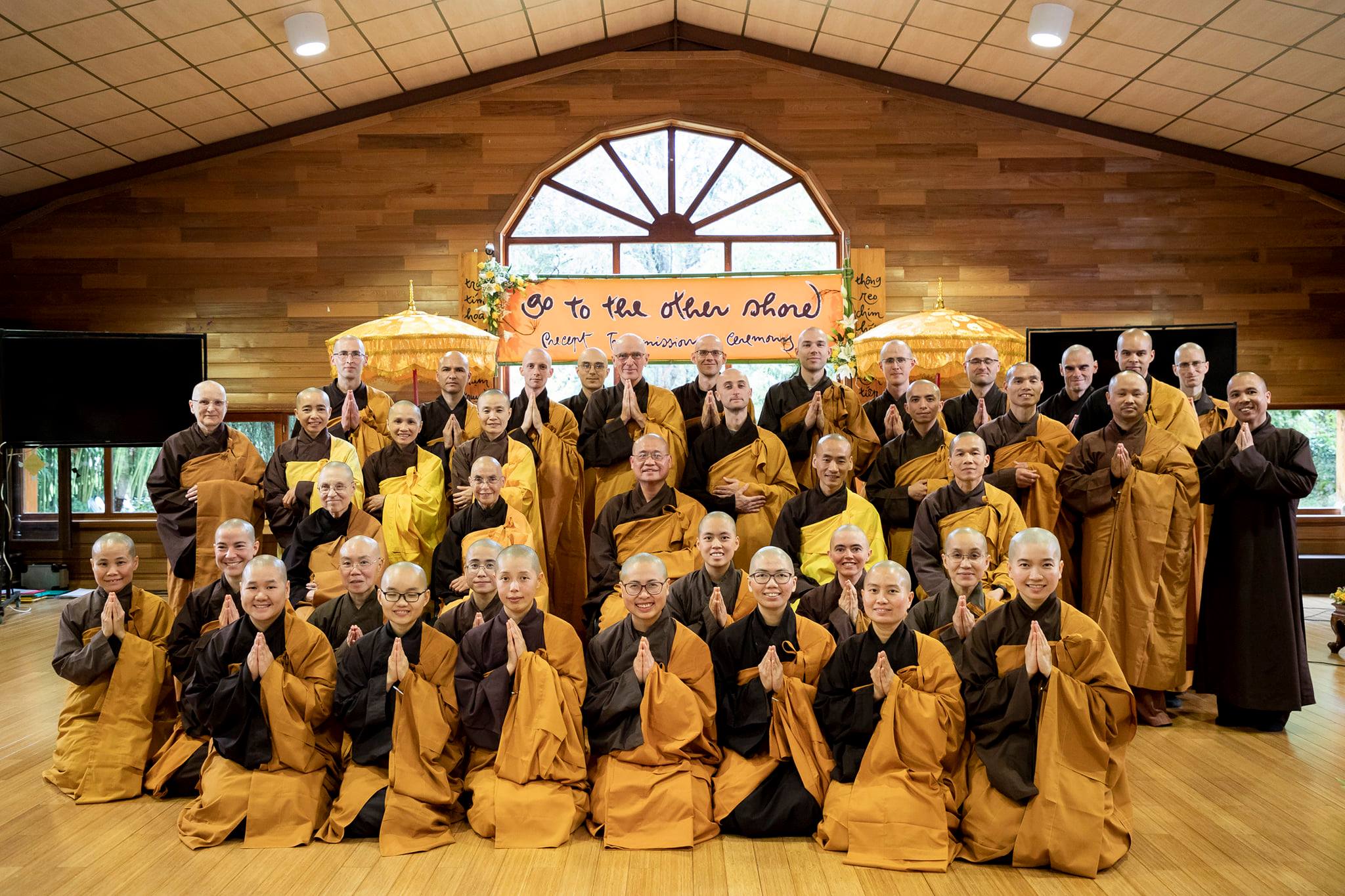Buddhist Wisdom on Aging: Aging is a Process of Awakening and Wisdom
Even though aging is identified as one of the sufferings experience in life — an important lesson in “impermanence” — it is also our opportunity for awakening and wisdom. By Karoline Gore “The aging of beings, their old age,...
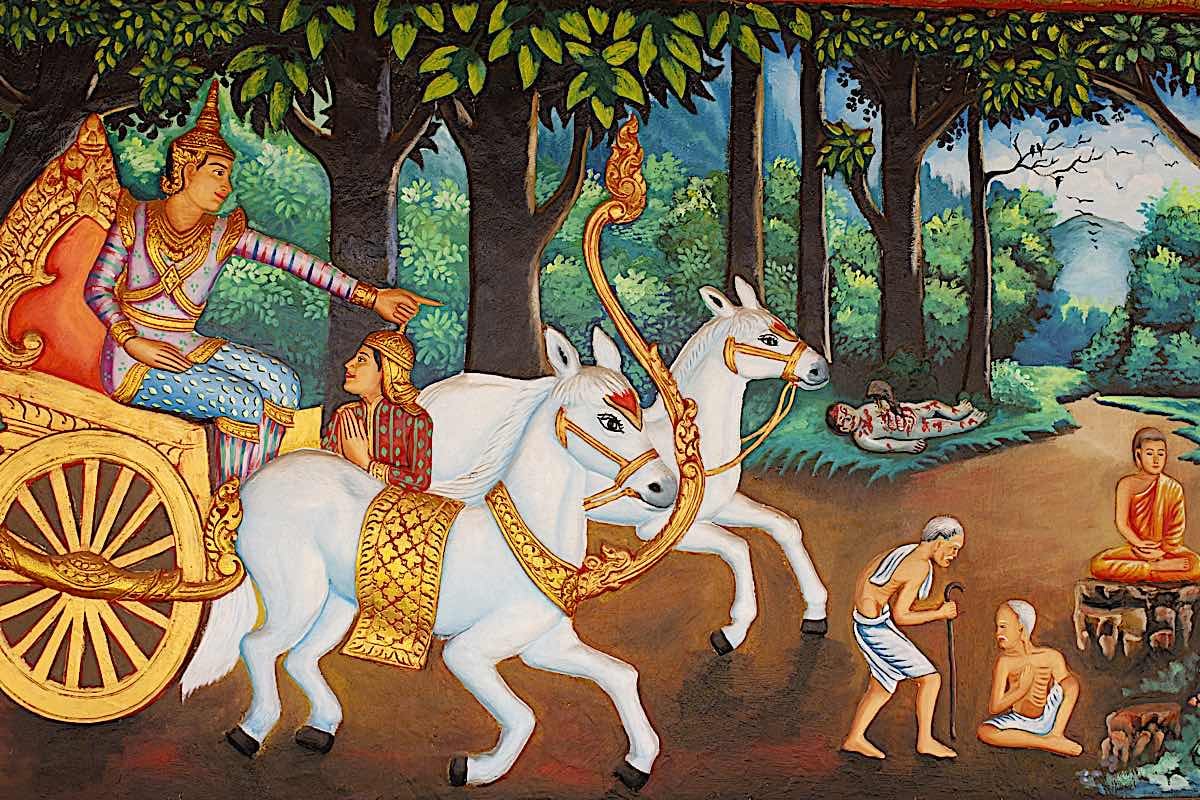
 Gautama Bodhisattva (before he become the Awakened One) ventured out of the palace and encountered old age (and the other “sights”) for the first time. These motivated him to leave his princely life and seek the solution to aging, sickness and the other sufferings. His answer was found, and he became the “Awakened One” the Buddha.
Gautama Bodhisattva (before he become the Awakened One) ventured out of the palace and encountered old age (and the other “sights”) for the first time. These motivated him to leave his princely life and seek the solution to aging, sickness and the other sufferings. His answer was found, and he became the “Awakened One” the Buddha.Even though aging is identified as one of the sufferings experience in life — an important lesson in “impermanence” — it is also our opportunity for awakening and wisdom.
By Karoline Gore
“The aging of beings, their old age, brokenness of teeth, grayness of hair, wrinkling of skin, decline of life, weakness of faculties – this is called aging. With the arising of birth there is the arising of aging and death.” – MN 9, Sammaditthi Sutta, v. 21-22 – The Discourse on Right View
In Buddhist Sutras (Suttas), old age is often discussed to stress the inevitability of change, decay, and death, in line with the fundamental belief regarding the impermanence of all things. Indeed, aging is considered to be one of the types of suffering (dukkha), since it is typical for human beings to suffer as they experience changes in their body and mind.
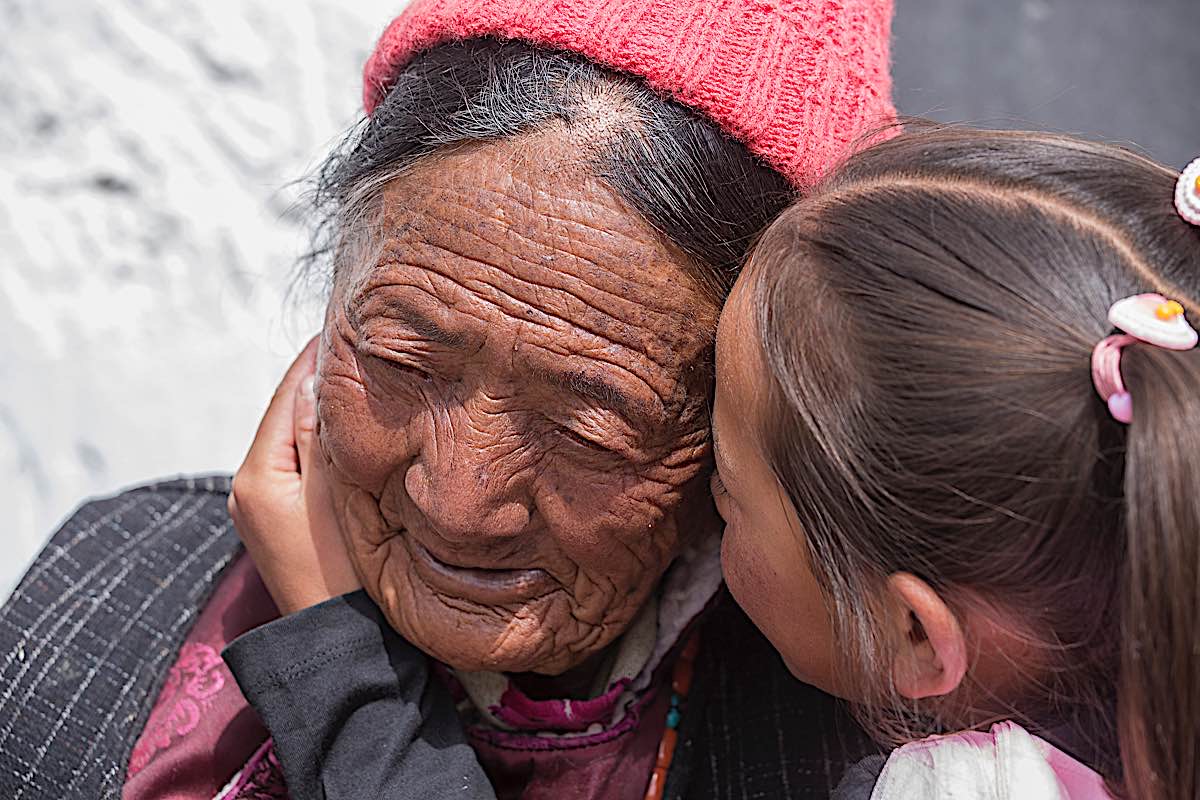 With age comes wisdom, which we can pass on to the next generation. With Wisdom we have the opportunity to, ourselves, become “Awakened”
With age comes wisdom, which we can pass on to the next generation. With Wisdom we have the opportunity to, ourselves, become “Awakened”
However, there are upsides to aging, as mentioned in the Sutras. For instance, as we age, mindfulness and acceptance become easier, after a lifetime spent perfecting these techniques. Aging is both a challenging time but also a process that brings us enlightenment. Suffering itself is a reminder of why reaching for Nirvana is our ultimate goal and the only path to liberation from suffering.
Wisdom Can Grow Over Time
In the Anguttara Nikaya, a collection of discourses in the Pali Canon, some suttas reveal how wisdom is developed gradually over time. Thus, those who are older have had the opportunity to gather wisdom. For instance, one section in the Anguttara Nikaya known as the Anupubbikatha discusses the progressive steps that lead to the development of wisdom.
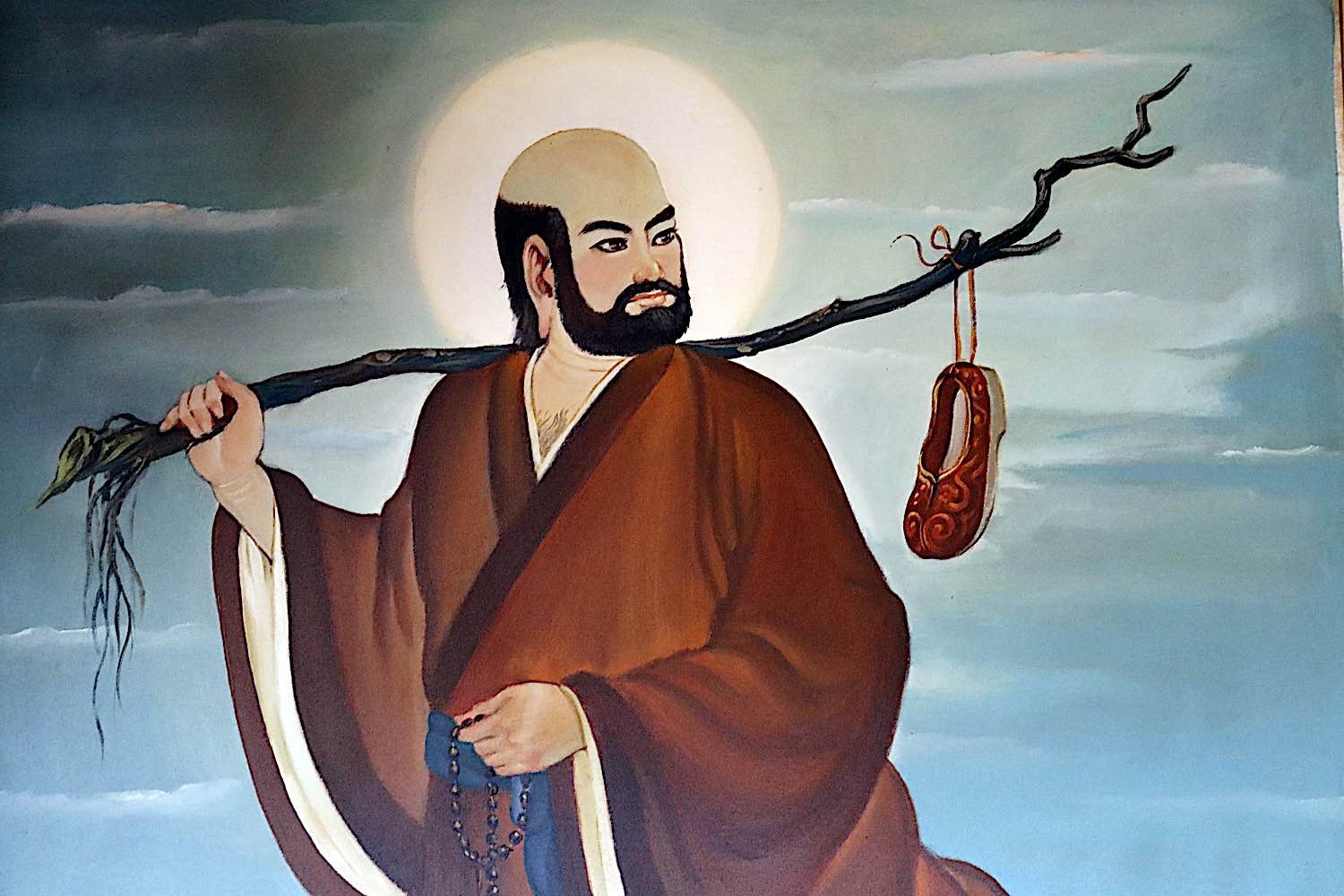 The great monk Bodhidharma brought his life’s sagely Buddhist wisdom to China in the form of Chan Buddhism, becoming the founder of Shaolin. Famously, when he was very old, he passed away, but later, an official and his entourage saw Bodhidharma hiking across the mountains with one shoe on his walking stick. He told the official “I’m going home” Later, the official found out he had passed away. They opened his casket and found no body and only one shoe in the bottom. This story helps illustrate that our timeless wisdom and experiences transcend our short lives.
The great monk Bodhidharma brought his life’s sagely Buddhist wisdom to China in the form of Chan Buddhism, becoming the founder of Shaolin. Famously, when he was very old, he passed away, but later, an official and his entourage saw Bodhidharma hiking across the mountains with one shoe on his walking stick. He told the official “I’m going home” Later, the official found out he had passed away. They opened his casket and found no body and only one shoe in the bottom. This story helps illustrate that our timeless wisdom and experiences transcend our short lives.
One sutta in the Anupubbikatha, the Nakulapita Sutta (AN 3.49), sees Buddha outlining three types of gradual training: in virtuous conduct (sila), concentration (samadhi), and wisdom (pañña). Buddha explains that insight is developed over time, as are skills such as mindfulness and concentration. Many years may pass until someone understands the harm of prioritizing sensual pleasures and decides to cultivate their insight into suffering and the nature of impermanence.
The Importance of Sharing Wisdom and Kindness
The Metta Sutta stresses the importance of cultivating loving-kindness as a way to relate to others and oneself. So how can a modern-day, older Buddhist share their time, advice, and friendship with those who may need it? Just look around you and you will find many sources of inspiration. For instance, in the US and beyond, communities comprising people of all ages (or age-inclusive communities) are creating vital connections between people from all walks of life and differing abilities.
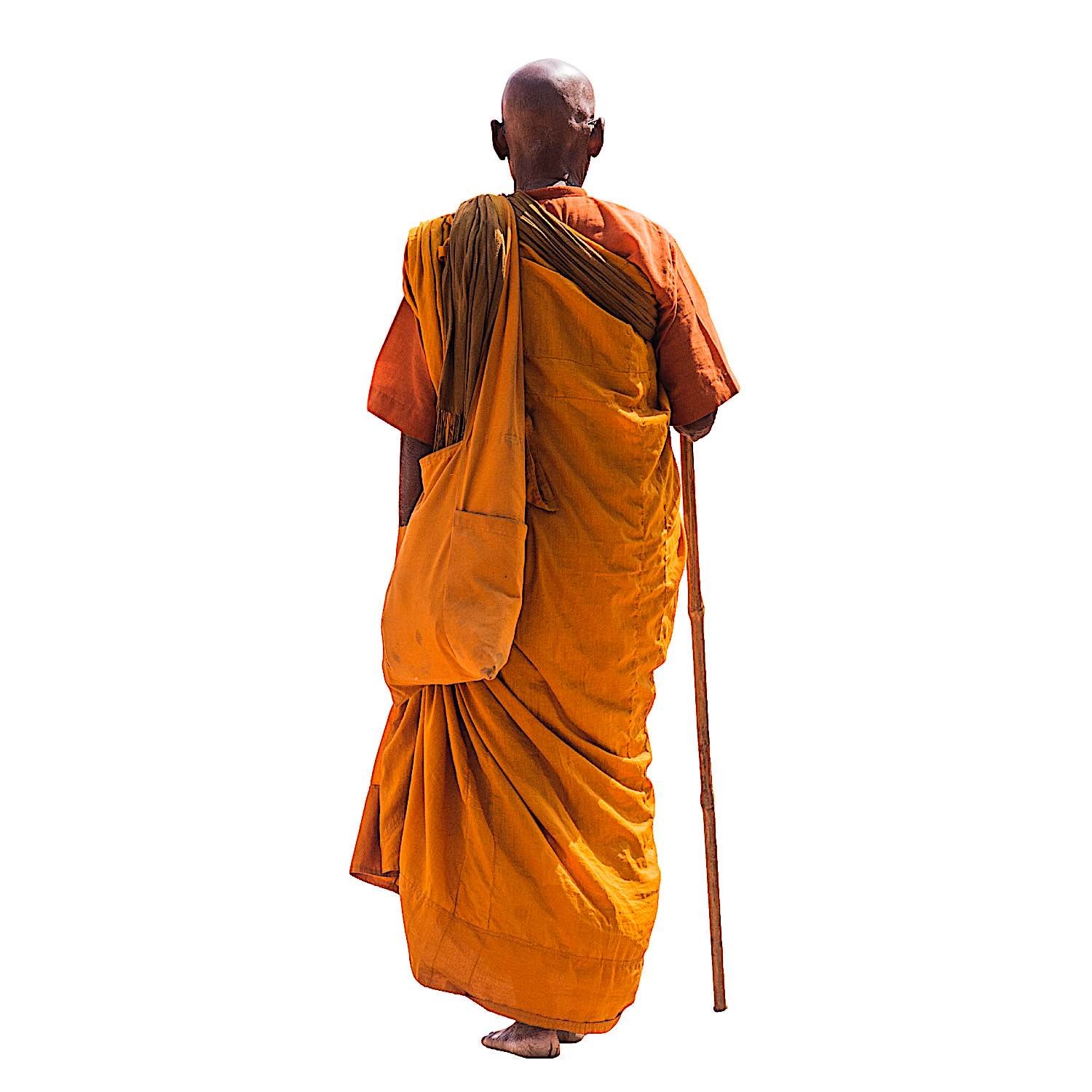 Which path will you walk? All Buddhist paths ultimately lead to one destination. Until we are awakened, our journey continues.
Which path will you walk? All Buddhist paths ultimately lead to one destination. Until we are awakened, our journey continues.Intergenerational connections are a vital way of building a solid community. Sharing can also exist within the context of one’s own family. Older Buddhists can take time to get to know younger family members, offer a lending ear, and supporting them in their pursuit of wisdom.
Wisdom Is Not Always Dependent on Age
Although age typically brings the wisdom that arises from experience, the Buddha stressed that it was not, in itself, enough to guarantee greater wisdom than that possessed by younger people. The Dhammapada Verse 52, for instance, states that:
The person of little learning
Grows old like an ox;
The flesh increases,
But insight does not.
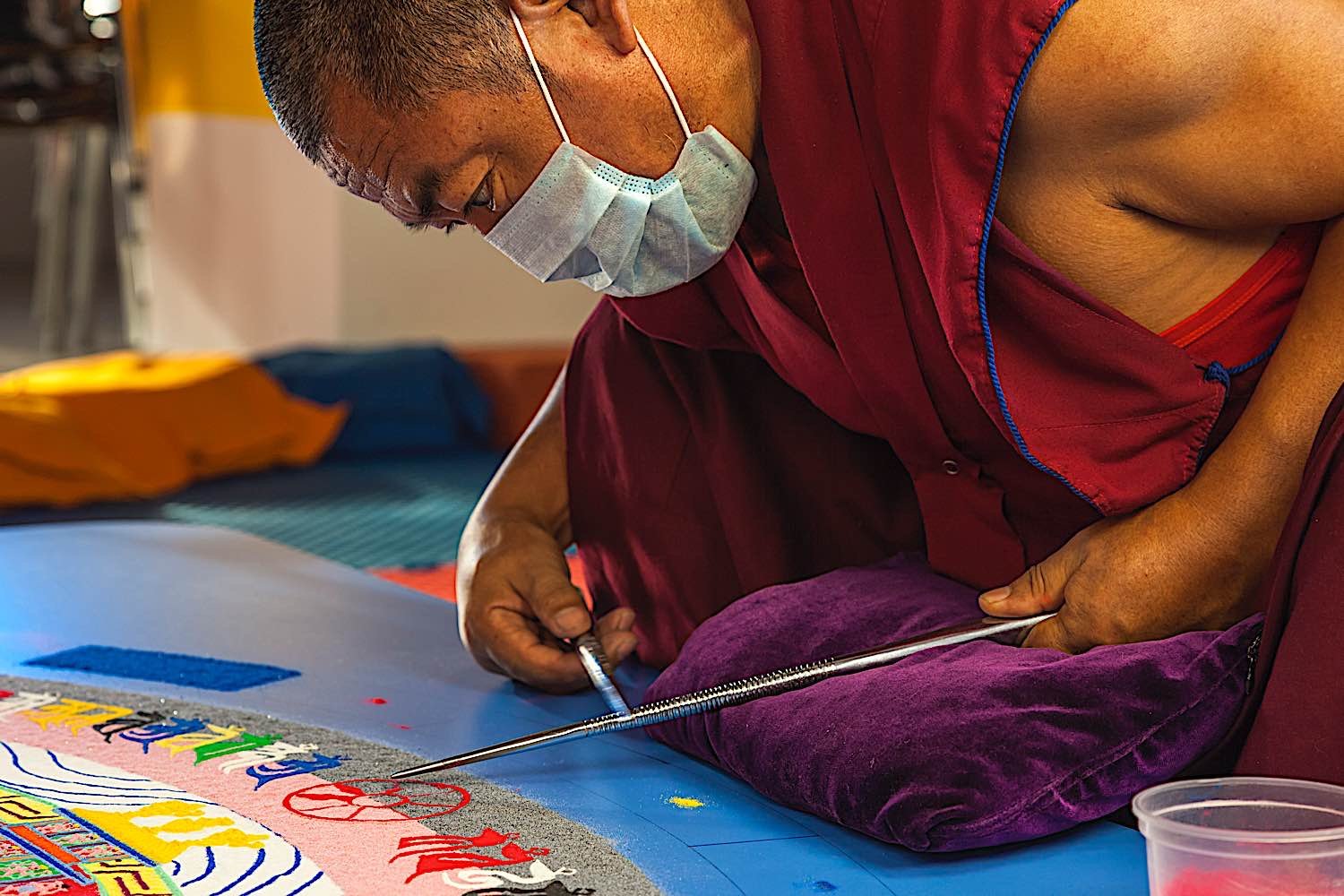 At major Kalachakra events, monks usually create elaborate and beautiful impermanent sand mandalas — one spec of colored sand at a time. After the beautiful work of art is completed and dedicated, it is swept away to show impermanance. It is also a demonstration of patience — a patience built over a lifetime of meditation.
At major Kalachakra events, monks usually create elaborate and beautiful impermanent sand mandalas — one spec of colored sand at a time. After the beautiful work of art is completed and dedicated, it is swept away to show impermanance. It is also a demonstration of patience — a patience built over a lifetime of meditation.These words are a powerful reminder to reflect on how we are leading our lives. A middle-aged or senior person, for instance, should think about where they are at in their lives frequently, since they have no time to waste.
Questions to ask oneself include,
“What are my values?” “To what extent is my life aligned with these values?” “Am I fulfilling my purpose more so than when I was younger and knew myself less profoundly?” “Am I giving myself to others and supporting them when they are in need?” “Am I taking time to share my life lessons with others who may need them?”You don’t have to answer all these questions at once. As the Anguttara Nikaya states, wisdom and virtue are acquired gradually; nobody can expect to hone these vital skills and abilities all at once, regardless of their age.
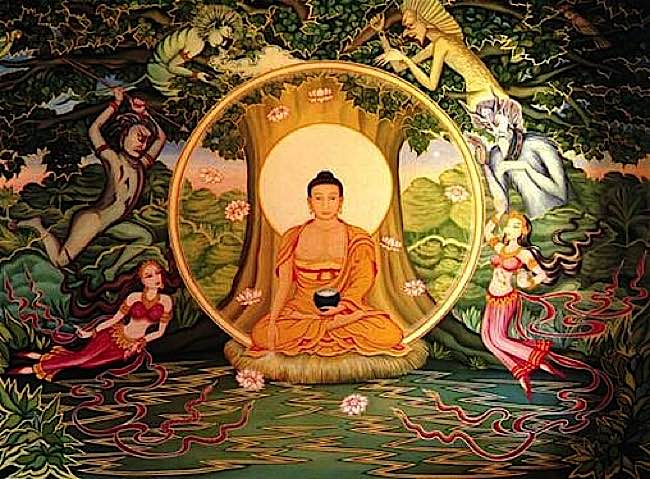 The greatest of teachers, Shakyamuni. He was only 35 when he became the Awakened One, fully Enlightened
The greatest of teachers, Shakyamuni. He was only 35 when he became the Awakened One, fully Enlightened
Buddhist scriptures contain a wealth of information about wisdom taking time to develop. Having said that, achieving true wisdom is ultimately not dependent on age alone, but rather, on one’s willingness to cultivate it and let go of materialistic and sensual pursuits. While these are usually achieved over time, there are no limits… and Buddha himself was relatively young when he achieved full Enlightenment—he was only 35!

 Kass
Kass 







